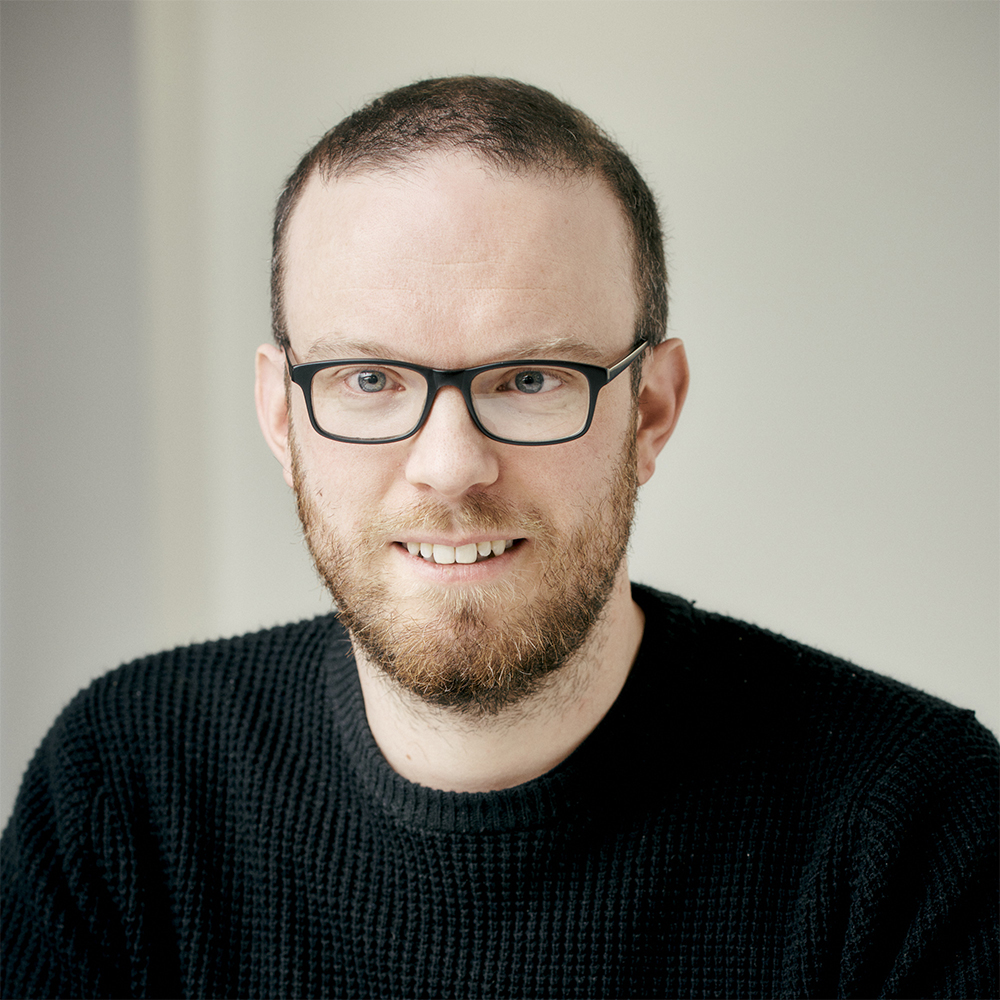Astronauts have a tough time of it, beyond the obvious difficulties of life in zero gravity.
They must be able to think quickly, remain cool and solve puzzles under pressure, as well has having knowledge of physics, chemistry and the Russian language.
UK astronaut Tim Peake's lastest book is a series of tests similar to those that astronaut candidates are given during training, examining behaviour, logic and language skills.
We've got three tests from The Astronaut Selection Test Book for you to try.
Have a look at the questions below, picked out by Peake himself, and see how you get on!
Answers can be found at the bottom.
If you manage to get all the questions correct and are thinking of a career in space, you can find out more about becoming an astronaut at the NASA or ESA websites.
Question 1: Spatial Awareness
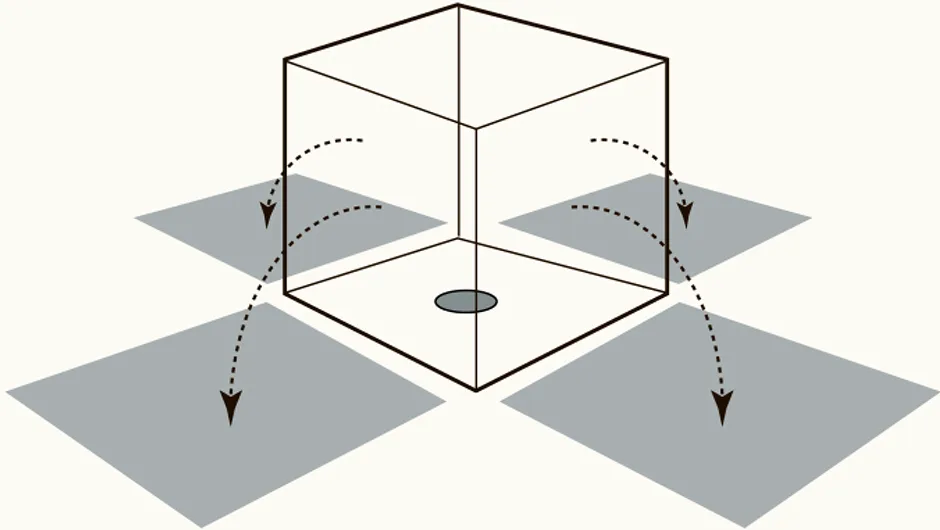
Spatial awareness skills are enormously important for any astronaut, because astronauts often operate equipment they can’t actually see, and are doing so in microgravity, which affects their perception (after all, there is no fixed up or down in weightlessness).
On a spacewalk in particular, you are constantly changing your orientation and perspective as you move around.
Selectors are looking for good spatial awareness skills.
Imagine that you are facing a cube. This cube can roll to the left, right, forward (towards you) or backwards (away from you).
There is a dot on the bottom of the cube.
a) In your mind, roll the cube: forward, left, left, forward, right, backwards, right. Where’s the dot now?
b) Imagine the same cube with the dot. Roll the cube: forward, right, right, forward, left, backwards, left.
Where’s the dot now?
Question 2: Pattern Recognition
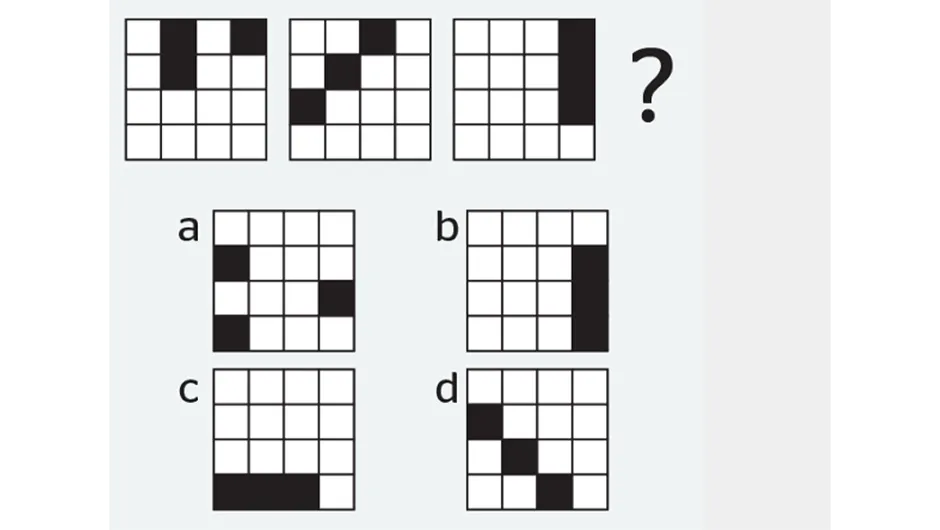
These are very similar to the cognitive tests I had to do as part of my mission to the ISS.
Choose which option should fill the missing square.
You’re allowed only 10 seconds for the puzzle.
Question 3 - Language Aptitude
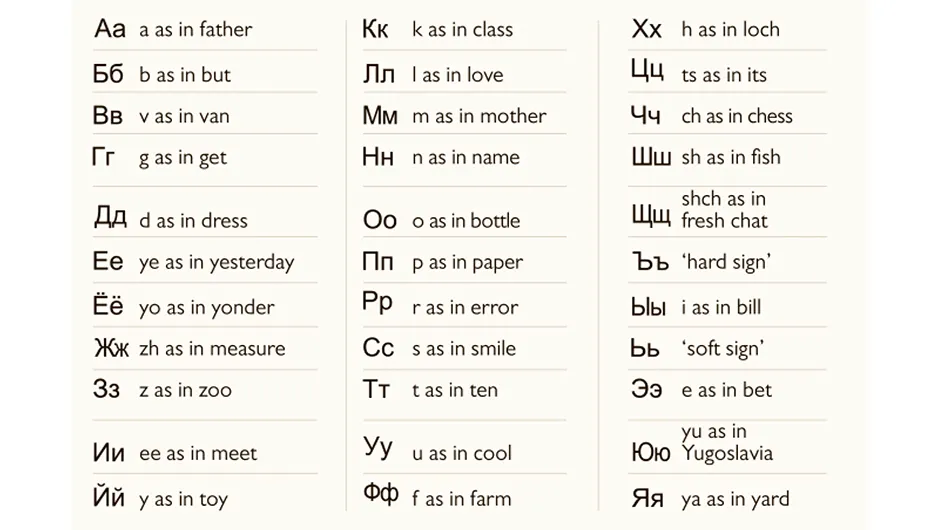
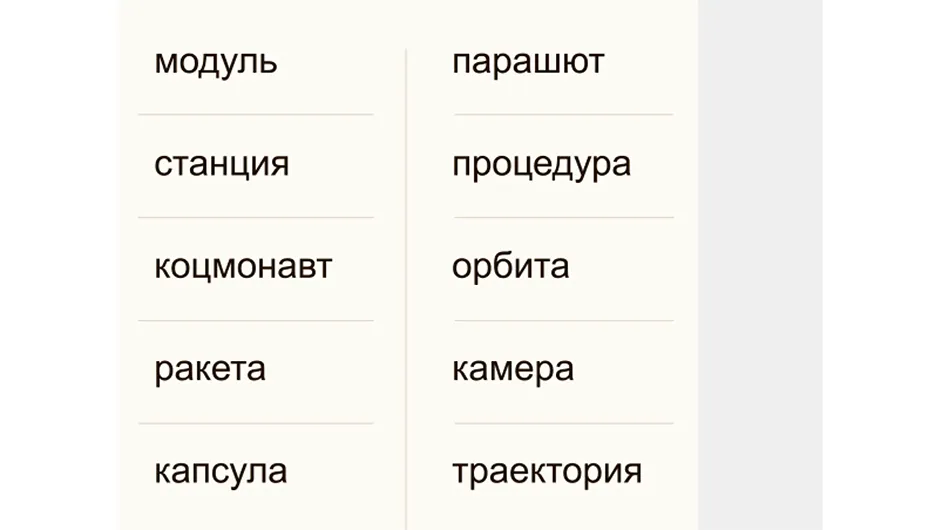
Russian is the other official language (besides English) spoken on the International Space Station.
Astronaut training includes intensive Russian lessons, including a month spent living with a Russian family.
Without using a dictionary, translate the following Russian spacerelated words into English.
Use the following chart to help you.
Spoiler alert! The answers can be found below
Answers
Question 1: the dot ends up on the bottom both times
Question 2:Pattern d (2,4,6 – 3,6,9 – 4,8,12, so you need 5,10,15)
Question 3:Left column, from top: module, station, cosmonaut, rocket, capsule.
Right column, from top: parachute, procedure, orbit, camera, trajectory
The Astronaut Selection Test Book by Tim Peake and the European Space Agency is published by Century, £20.
